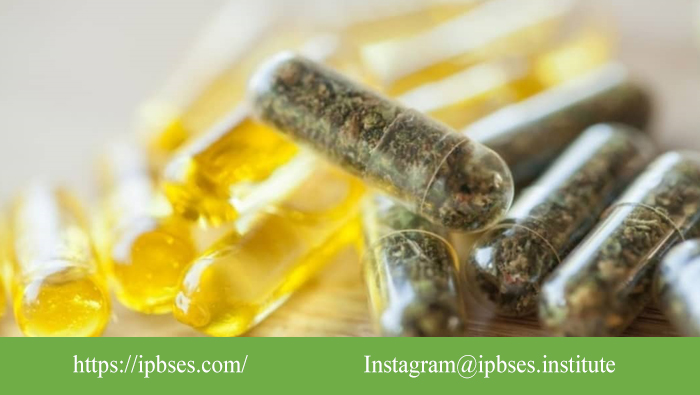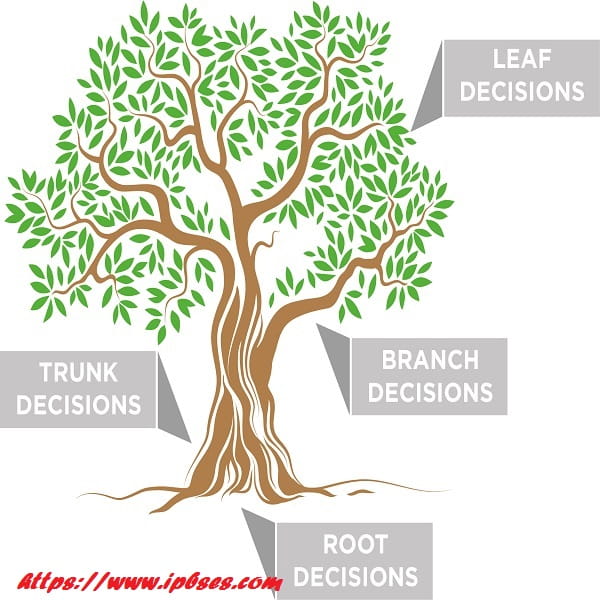پژوهشگران دانشگاه ایالتی واشینگتن ایالات متحده امریکا در پژوهشی به بررسی روابط بین مصرف کانابیس و وسواس در انسان بصورت استنشاقی پرداختند.
روش:
در این پژوهش که با استفاده از دیتابیس آنلاین در بازه زمانی مارچ ۲۰۱۷ تا اکتبر ۲۰۱۹ صورت گرفت، دادههای ۸۷ نفر که گزارش ابتلا به وسواس داشتند بررسی شد. تعداد جلسات مصرف کانابیس ۱۸۱۰ جلسه در بازه زمانی ۳۱ ماهه بود. دامنه سنی شرکت کنندگان ۱۸ تا ۵۶ سال بود.
با استفاده از نمره تغییر پنهانی دو نقظه زمانی میزان تاثیرات کانابیس بر علایم وسواس مورد ارزیابی و سنجش قرار گرفت. یافتههای پژوهش تنها بر اساس خودارزیابیهای شرکت کنندگان و اطلاعات آنها بوده است.
یافتهها:
- در شرکت کنندگان میزان علایم وسواس بلافاصله پس از مصرف کانابیس کاهش چشمگیری داشت. ۶۰% بیماران گزارش کاهش رفتار اجباری، ۵۲% کاهش اضطراب، و ۴۹% گزارش کاهش افکار ناخوانده و غیر ارادی را داشتند.
- غلظت بیشتر CBD و دوز بالاتر مصرف منجر به کاهش بیشتر رفتارهای اجباری در وسواس میشود.
- تعداد جلسات مصرف کانابیس و وسواس در بیماران رابطه عکس دارند. با افزایش دفعات مصرف کانابیس، میزان کاهش افکار ناخوانده طی زمان کم میشود.
- در بررسی رابطه مصرف کانابیس و وسواس، مشخص شد در طول زمان، شدت وسواس با مصرف کانابیس کاهش نمییابد.
- تحلیل رابطه مصرف کانابیس و وسواس، نشانگر بروز تحمل و اعتیاد در بدن بیماران نسبت به CBD طی زمان و از دست رفتن خواص درمانی آن در درازمدت است.
- در شرایط حاضر و بر اساس یافتههای موجود، نمیتوان بعنوان درمان پایدار مصرف کانابیس را برای بیماران مبتلا به وسواس تجویز نمود.
Acute Effects of Cannabis on Symptoms of Obsessive-Compulsive Disorder
Abstract
Background
No previous research has examined the acute effects of cannabis on symptoms of OCD in humans.
Therefore, this study sought to:
1) examine whether symptoms of OCD are significantly reduced after inhaling cannabis,
2) examine predictors (gender, dose, cannabis constituents, time) of these symptom changes and
3) explore potential long-term consequences of repeatedly using cannabis to self-medicate for OCD symptoms, including changes in dose and baseline symptom severity over time.
Method
Data were analyzed from the app Strainprint® which provides medical cannabis patients a means of tracking changes in symptoms as a function of different doses and strains of cannabis across time.
Specifically, data were analyzed from 87 individuals self-identifying with OCD who tracked the severity of their intrusions, compulsions, and/or anxiety immediately before and after 1,810 cannabis use sessions spanning a period of 31 months.
Results
Patients reported a 60% reduction in compulsions, a 49% reduction in intrusions, and a 52% reduction in anxiety from before to after inhaling cannabis. Higher concentrations of CBD and higher doses predicted larger reductions in compulsions.
The number of cannabis use sessions across time predicted changes in intrusions, such that later cannabis use sessions were associated with smaller reductions in intrusions. Baseline symptom severity and dose remained fairly constant over time.
Limitations
The sample was self-selected, self-identified as having OCD, and there was no placebo control group.
Conclusions
Inhaled cannabis appears to have short-term beneficial effects on symptoms of OCD. However, tolerance to the effects on intrusions may develop over time.
لینک منبع پیشنهادی برای مطالعه بیشتر  (further reading)
(further reading)




